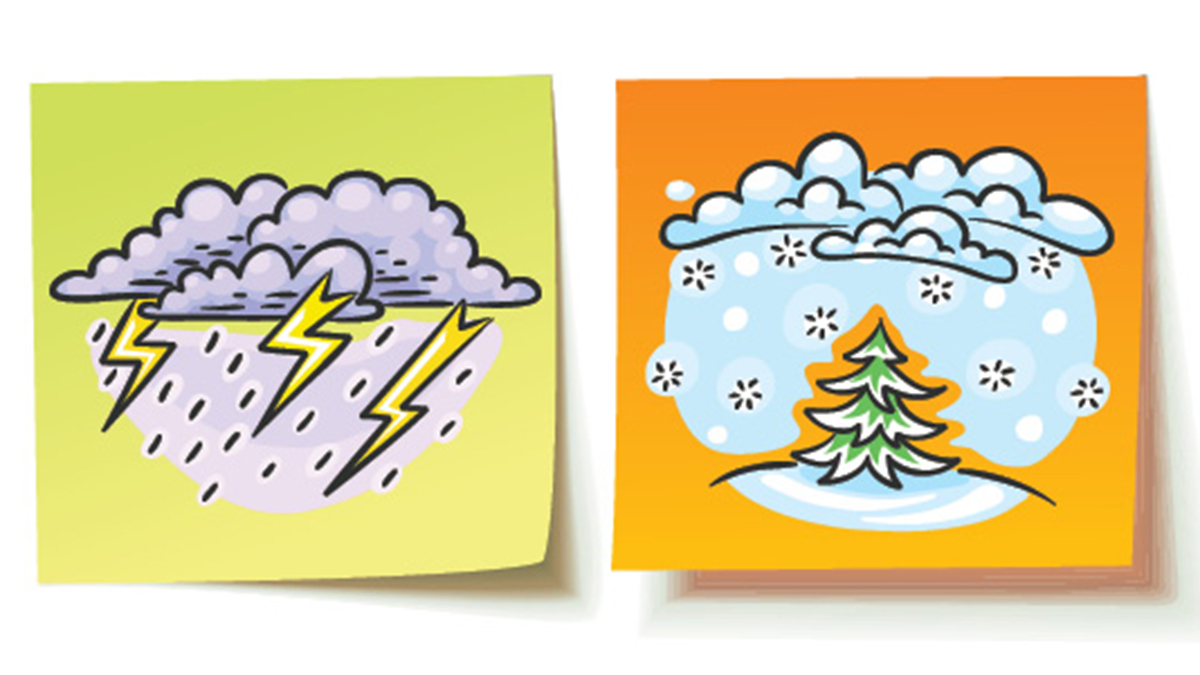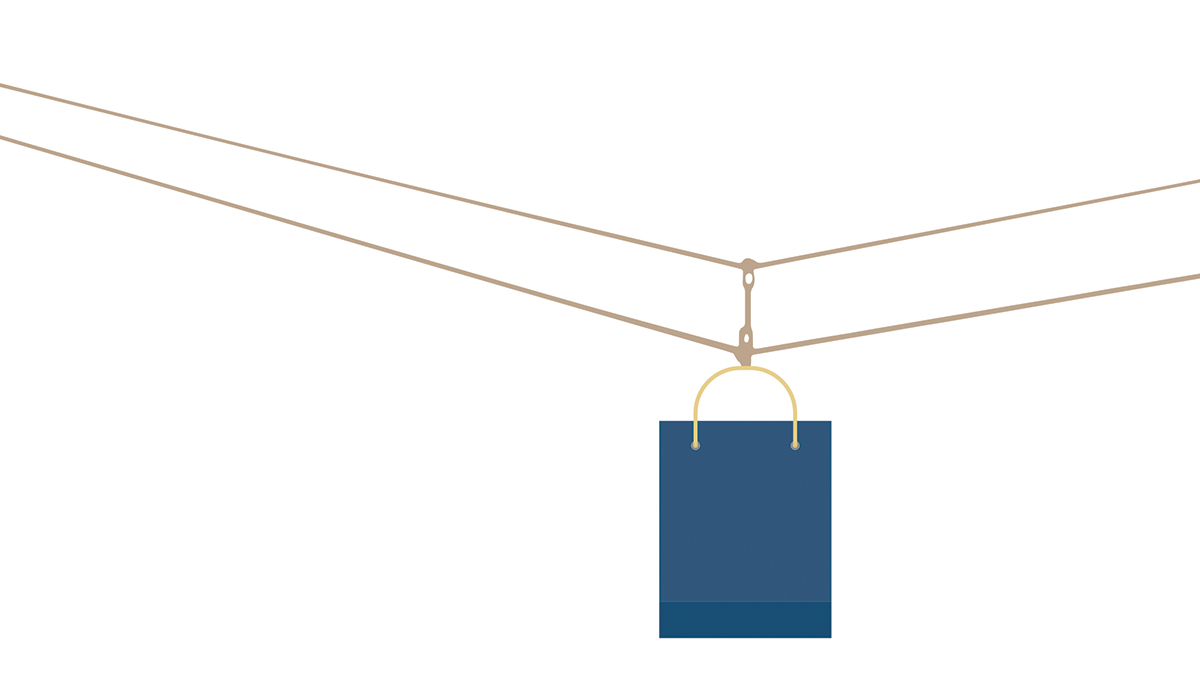feature
Cornhole Predicts the Perfect Pitch
A Hands-On Projectile Motion Experience Comparing Models and Data
Science Scope—May/June 2021 (Volume 44, Issue 5)
By Benjamin Galluzzo, Michael W. Ramsdell, Joshua D. Thomas, Kathleen Kavanagh, Corey Ryder, Darlene Bissonette, and Jennifer M. Knack

Feature
The Energy Zipline
Feature
Shaking out Probability
Feature
Oil Spill eSTEMation
Using Mathematical Estimation and Modelling to Rescue our Oceans
Feature
Weathering the Virtual Storm
Using Computational Thinking to Make a Forecast
Science Scope—May/June 2021 (Volume 44, Issue 5)
By Joyce Massicotte, Carolyn J. Staudt, and Cynthia McIntyre

Teacher’s toolkit
Closing the Achievement Gap by Bringing STEM Kits Home
Science Scope—May/June 2021 (Volume 44, Issue 5)
By Joanne Caniglia, Michelle Meadows, Davison Mupinga, and Katrina Halasa
Interdisciplinary Ideas
The Intentional Integration of Computational Thinking
Science Scope—May/June 2021 (Volume 44, Issue 5)
By Raja Ridgway
from the editor's desk
Mathematics and Computational Thinking
A Bridge to STEM Careers
Science Scope—May/June 2021 (Volume 44, Issue 5)
By Patty McGinnis
Research and Teaching
Undergraduate Student Conceptions of DNA and Their Understanding of Basic Science
Journal of College Science Teaching—May/June 2021 (Volume 50, Issue 5)
By Megan Nieberding, Sanlyn Buxner, Lisa Elfring, and Christopher Impey
An understanding of basic science is central to student success at the university level, even for students who will never work in scientific fields. Our investigation into students’ understanding of DNA is part of a larger investigation into students’ knowledge and attitudes about science. DNA and the concepts associated with it (e.g., heredity and genetic information) are necessary to interpret popular reports of biology, make health-care decisions, and to understand the spread and treatment of diseases in the world. In this research, we have built upon a previous study that looked at students enrolled in an introductory undergraduate astronomy course. The majority of these students are nonscience majors and are representative of the college-educated, general public. Unsurprisingly, the overall science knowledge scores of students who self-reported as science, technology, engineering, or mathematics (STEM) majors were higher than the scores of non-STEM majors. We have found that students arrive at college with reasonable levels of general science knowledge. However, a significant fraction seem unaware of two of the most profound insights of biology from the past few centuries: that species evolve and that DNA is the carrier of heritable information.
An understanding of basic science is central to student success at the university level, even for students who will never work in scientific fields. Our investigation into students’ understanding of DNA is part of a larger investigation into students’ knowledge and attitudes about science. DNA and the concepts associated with it (e.g., heredity and genetic information) are necessary to interpret popular reports of biology, make health-care decisions, and to understand the spread and treatment of diseases in the world.
An understanding of basic science is central to student success at the university level, even for students who will never work in scientific fields. Our investigation into students’ understanding of DNA is part of a larger investigation into students’ knowledge and attitudes about science. DNA and the concepts associated with it (e.g., heredity and genetic information) are necessary to interpret popular reports of biology, make health-care decisions, and to understand the spread and treatment of diseases in the world.
Research and Teaching
Starting at the Beginning
Student Misconceptions About Evolutionary Theory as Assessed on the First Day of Class
This study examines what prior knowledge and misconceptions about evolutionary theory students bring with them into an introductory biological anthropology course. One hundred and fifty-three students completed short, anonymous surveys about evolution on the first day of class before any content was discussed. Of a possible seven points, the average score was 3.42, indicating that students overall had an incomplete understanding of evolutionary theory. The only demographic variables that were significantly correlated with the scores were sex and previous exposure to college-level biology. This sample of students performed comparably to students from other universities in similar studies, suggesting that these students’ preexisting deficit in understanding evolution is not confined to Arkansas, the southeast, or other regions of the country reporting low acceptance of evolution and high levels of religious participation.





